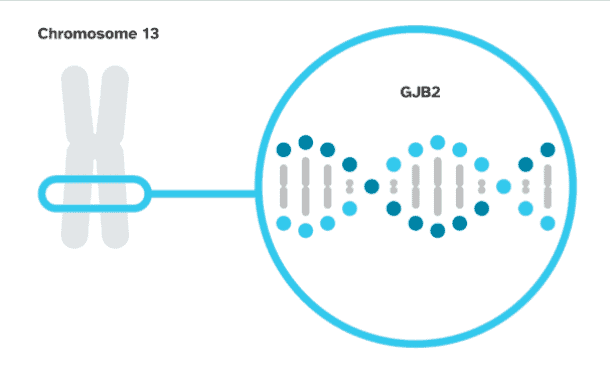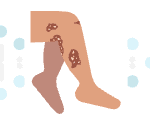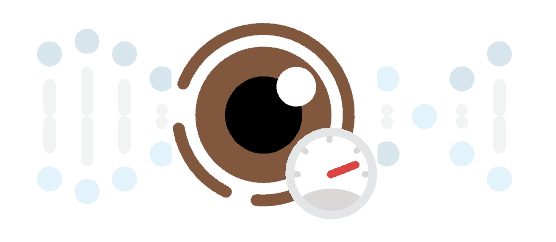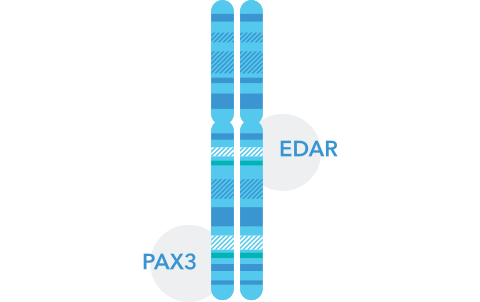Mindblown: a blog about philosophy.
-

Is Fibromyalgia Genetic?
Explore Fibromyalgia and what your DNA can tell you What is fibromyalgia? Fibromyalgia is a condition characterized by chronic pain and tenderness throughout the body that lasts at least three months. Pain caused by fibromyalgia can come and go and can move around the body. Other symptoms can include moderate to extreme fatigue, poor sleep…
-

Is Type 2 Diabetes Genetic?
Explore Type 2 Diabetes and what your DNA can tell you Knowing T2D Diet, weight, lifestyle, and genetics each influence one’s personal chances of developing type 2 diabetes, the most common form of diabetes. But many of us are unaware of what could increase our chances of developing type 2 diabetes. More than a third…
-

Is Rosacea Genetic?
Explore Rosacea and what your DNA can tell you What is rosacea? Rosacea is a chronic skin condition that typically affects the central parts of the face, most commonly the cheeks and nose. Rosacea is often characterized by persistent redness or visible blood vessels near the surface of the skin, but symptoms vary from person…
-

Nonsyndromic Hearing Loss and Deafness, DFNB1
What is DFNB1? DFNB1 is an inherited condition characterized by mild to profound hearing loss that is typically present from birth. In most cases, a person must have two variants in the GJB2 gene in order to have this condition. People with just one variant in the GJB2 gene are called carriers. They’re not expected…
-

Is Psoriasis Genetic?
Explore Psoriasis and what your DNA can tell you What is psoriasis? Psoriasis is a chronic autoimmune condition most commonly characterized by itchy, discolored patches covered in silvery white flakes, called “scales,” that form on the skin. Psoriasis symptoms may come and go throughout life, and certain triggers can cause them to flare up. Psoriasis…
-

Is Glaucoma Genetic?
Explore Glaucoma and what your DNA can tell you What is glaucoma? Glaucoma is a group of eye conditions that occurs when the nerve in the back of the eye (called the optic nerve) is damaged, most commonly due to high eye pressure. Optic nerve damage can cause gradual vision loss that may start as…
-

Genetics and Weight
Do genetic factors influence your weight? Yes! The fit of your jeans is affected at least in part by your genes. Lots of research has shown that genetics not only impacts how much we weigh but also how much diet and exercise may make a difference. Our weight is the product of genetics, lifestyle, and…
-

Widow’s Peak Hairline & Genetics
How it works It’s a common misconception that a particular dominant gene causes a widow’s peak. Like other traits that influence hair growth, various genes work together to help determine the shape of our hairlines. Some researchers believe that hair patterns are heritable, so a close relative with a widow’s peak may increase your chances…
-

Unibrows & Genetics
How it works No one is quite sure why our eyebrow hairs grow in particular patterns—or the reason why some people have unibrows. But initial findings offer some clues. The genetic link 23andMe researchers have identified more than 50 genetic variants associated with having a unibrow. Two of those genetic variants are in or near…
-

Toe Length Ratio & Genetics
How it works Some people have a longer big toe, while others have longer second toes. Toe length ratio may be influenced by the amount of testosterone and estrogen present in the womb during early pregnancy. The genetic link 23andMe looks at 35 places in your DNA that can influence your toe length ratio, along…
Got any book recommendations?